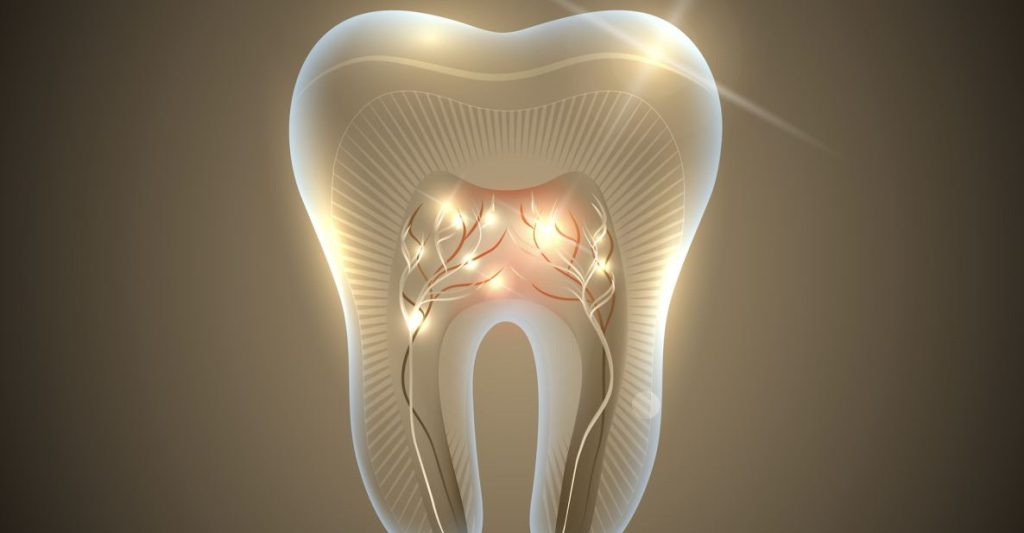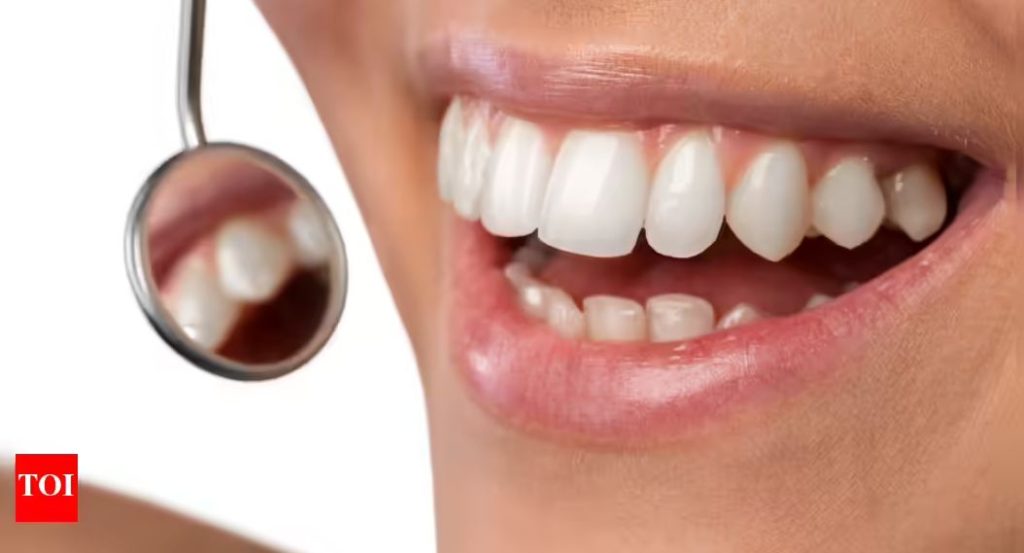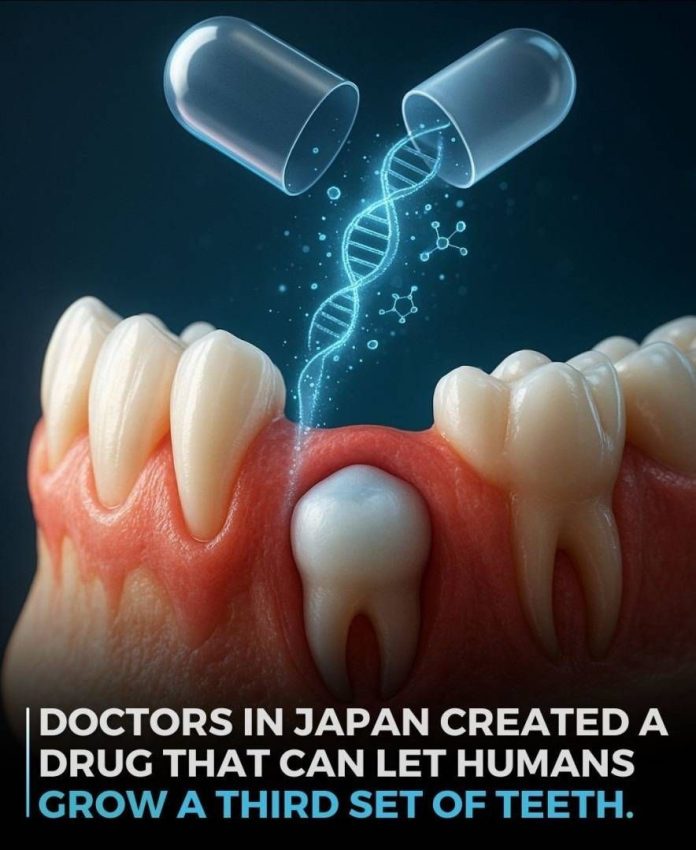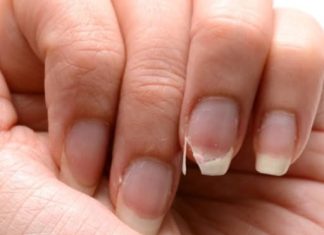For centuries, people have relied on dentures, implants, and bridges to replace missing teeth. While these solutions help restore function and appearance, they do not truly replace natural teeth. Now, researchers are developing a groundbreaking treatment that could allow humans to regrow teeth naturally a possibility that was once thought to belong only in science fiction.
The Science Behind Tooth Regeneration
Scientists have identified specific proteins that play a crucial role in tooth development. By stimulating these proteins in adults, researchers believe they can trigger the growth of new teeth, much like how children naturally grow their baby and permanent teeth. The therapy works by reactivating dormant cells in the jaw that are capable of forming new dental tissue.

Clinical Trials on the Horizon
Laboratory studies and animal testing have already shown promising results. In experiments, certain drugs have been able to generate new tooth buds that later matured into fully developed teeth. Encouraged by this progress, researchers are preparing to conduct human clinical trials in the near future. If successful, this treatment could revolutionize dentistry within the next decade.
Why This Discovery Matters
Tooth loss is not just a cosmetic problem—it can significantly affect health and quality of life. Missing teeth make it difficult to chew, increasing the risk of poor nutrition and digestive problems. They also affect speech and confidence, leading to social and emotional challenges. Traditional dental implants are costly, invasive, and sometimes fail, especially for older patients. Tooth regeneration could provide a more natural, long-lasting solution.
Potential Benefits for Millions
The ability to regrow teeth would benefit people across all age groups. Children born with genetic conditions that prevent proper tooth development could finally have a permanent solution. Adults who lose teeth due to accidents, decay, or gum disease could avoid the discomfort and expense of artificial replacements. For the elderly, this treatment might restore chewing ability and improve overall health, extending both lifespan and quality of life.
Challenges and Questions Ahead
While the research is exciting, many challenges remain. Scientists must ensure that regenerated teeth grow in the correct position and alignment. There are also questions about whether the new teeth would be as strong and durable as natural ones. Additionally, the cost and accessibility of such treatments will be critical—will this breakthrough be available to everyone, or only to those who can afford advanced medical care?

Broader Implications for Medicine
Tooth regeneration is part of a larger movement in regenerative medicine. Scientists are already working on therapies to regrow skin, cartilage, and even organs. If humans can reliably regenerate teeth, it could pave the way for future breakthroughs in repairing or replacing other body parts. This represents a shift in medicine from treating symptoms to actually restoring the body’s natural structures.
A Future Worth Smiling About
Though still in development, the possibility of regrowing lost teeth is a thrilling advancement. It offers hope to millions of people who suffer from dental problems and points to a future where medical science can help the body heal itself in ways once thought impossible. Within a generation, trips to the dentist could change forever—from drilling and implants to simply encouraging new teeth to grow.

















